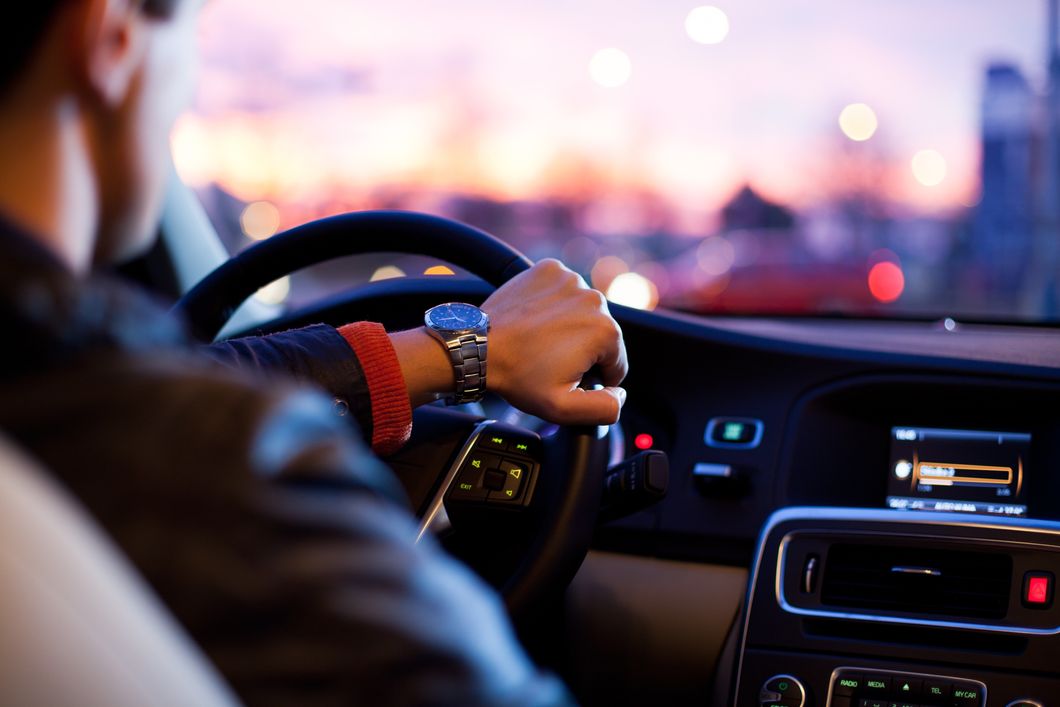Arizona's city of Glendale has passed a ban on cellphone use while driving as of February 7. A fine of $250 will be given to drivers who talk, text or operate their devices while behind the wheel of a moving car. Hands-free devices are permissible under this law, and this law is followed by 46 states and 30 countries, yet the law itself has not closed the gap on the remaining three states or globally.
Texting or talking on or using a phone is similar, but not the same, as driving under the influence. People who can afford distractions do not seem to mind the challenge of inhibiting their awareness if it means doing more with less effort and in little time. The sacrifice here, however, is no more convenient than it is precarious.
Having your phone in one hand and the other on the steering wheel is like playing with dynamite. One notification bell could lead to the sound of a bleating car horn and a car crash the next.
If you are driving, you cannot be texting or talking with the phone up to your ear or in front of your face. The hand and eyes lock the head in place and when they do finally unlock it is for a split second before your attention is swept away by the voice of your friend or family mixed with the sounds of traffic and your radio.
For all the safety and reassurance car companies sell us, you would think phone companies would do the same, but I guess we do not have the technology to do that. But if we do, how would we implement it and sell it?
A vibration sensor or distinct alarm that tells you when you are blindly walking into a busy street or careening unaware into a blind spot? What about self-driving cars, are we going to put our senses and trust into a machine instead of ourselves? Sounds like one more distraction waiting to happen.
People do not like to be told they are at risk unless that risk means reward, but even those words' definitions get mistaken for each other.
The difference is between life and death. People have to realize multitasking is limited to tasks that are not readily apparent, visible, or threatening.
Meaning, if it could be done, but should not be done, why risk it? What reward is there?
While a law is passed, it does not mean people will follow it. Jaywalking is still a punishable crime but how many people are actually convicted of it?
Personal neglect cannot be monitored, at least in this case, not until after the fact.
If a driver wants to be a better driver, he or she should start placing their hands at ten and two and their eyes above the dashboard. Bans will enforce the situation, and prevent it as much as they can, but at the end of the day, the only thing in the driver's way is the driver.
While our cell phones are sitting in the back seat, our anonymity and power behind the wheel of a car can too.
Drive safe, arrive and depart safely, and remember, a car can be replaced, but you and everyone else on the road cannot.
First rule of driving: drive when you are driving.









































